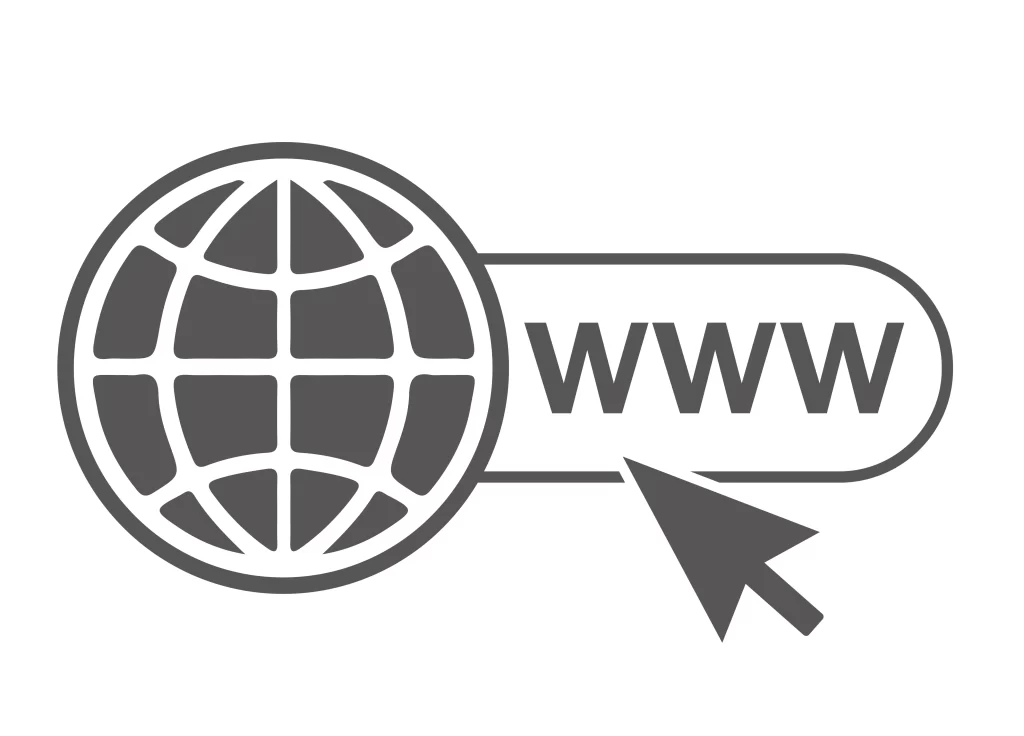Who would you say is your hardest-working and top-performing salesperson? It could be a member of your team or even yourself. In fact, we’d argue that your website should be your most valuable salesperson/tool. Being able to improve website performance will allow you to capitalise on this!
It should be working 24/7, getting you found by potential prospects who don’t know you by name and converting those prospects into qualified leads – all without you having to get involved!
To do this, though, it’s important to focus on the user experience as well as the more technical aspects of your site (from search engine optimisation to page load speed).
Even with the best content in the world on your subject, a badly performing website can lead to increased bounce rates (prospects leaving your site without reading any of it) and therefore decreased conversion rates.
If your website loads slowly, the chances are users will leave and visit a competitor site!
In this blog, we outline four key actions you can take today to improve website performance, page speed and the overall user experience when visiting your website.

1 – Improve website performance – Dedicated web hosting
Whilst several methods can be used to host a website, working with a professional web hosting partner like Growth By Design is the best way of ensuring that your website is safe, secure and speedy!
Our server administrators will ensure that your website is kept up-to-date and maintained at all times. This means you don’t need to deal with external cloud-based server hosting, which can leave you in the dark if any issues occur. You can speak to a real person when you need to which is always a bonus.
Website security is frankly under-valued by many SMEs, but once there has been a security issue, you know the pain and knock-on effect it has on your business. So having the security side actively managed through a partner can be the difference between losing business and reputation and not!
Using dedicated web servers will mean that your site has its own physical storage that can be easily transferred or backed up whenever necessary and it will help to improve website performance.
2 – Improve website performance – Optimising image sizes
Great images are paramount to selling your product or business to a potential customer, but many people don’t realise that they can have a negative impact on your web pages.
It’s important to ensure that the images uploaded onto your site are as small in file size as possible while still having good visual quality, as this is one of the main factors that can affect site speed and page load speed.
We recommend ensuring that the files you upload are in a “WebP” format rather than a JPEG or PNG, as these files offer superior lossless compression, which means images will retain their quality but in a reduced file size, which will help to improve website performance.
3 – Improve website performance – Reduce JavaScript and CSS files
We hate getting technical and using jargon, so we’ll explain this as simply as we can as it really can help to improve website performance.
Reducing the amount of JavaScript and CSS files on your site helps to increase your website’s speed.
This is because when a prospect visits your website, their browser (Chrome, Safari etc) will load each element of your site (or request, to use its technical name) separately, which obviously takes time. By grouping all of your requests – JavaScript and CSS files – into one file, you can reduce the number of requests and speed up site pages.

4 – Improve website performance – Reduce Plugins
Last but certainly not least, plugins!
The majority of websites use plugins for security, SEO, themes, styling, functionality etc. There are a lot of them, and the more customised your website is, the more you will likely have.
Plugins are great. They are powerful tools for designing and running your website, but they can also use up a lot of resources.
We recommend analysing which plugins are truly necessary for your site to function properly and then ensuring that these plugins are continuously updated and checked to make sure they don’t cause any unwanted issues.
Improve your website’s performance
When searching for how to improve the performance of a website, you might find yourself lost in knowing what actually needs to be done and what skillsets you need. This is where our website maintenance package can come in to save the day!
Our professional in-house web team at Growth by Design know exactly how to improve the speed and functionality of your site and how to maintain it on a day-to-day basis.
To find out more, visit our website maintenance page for more information.



